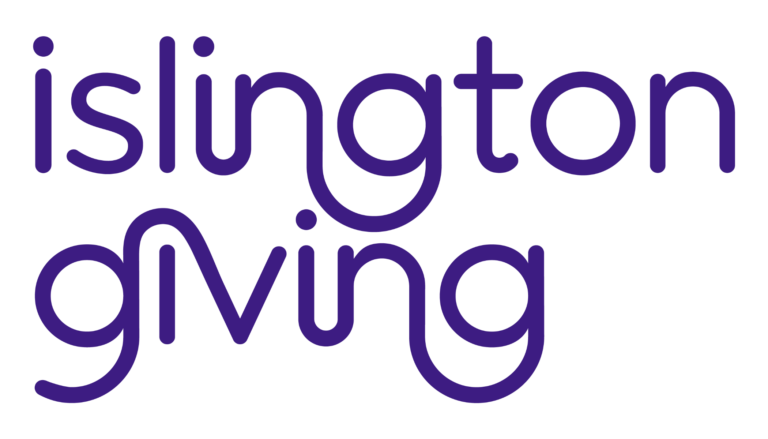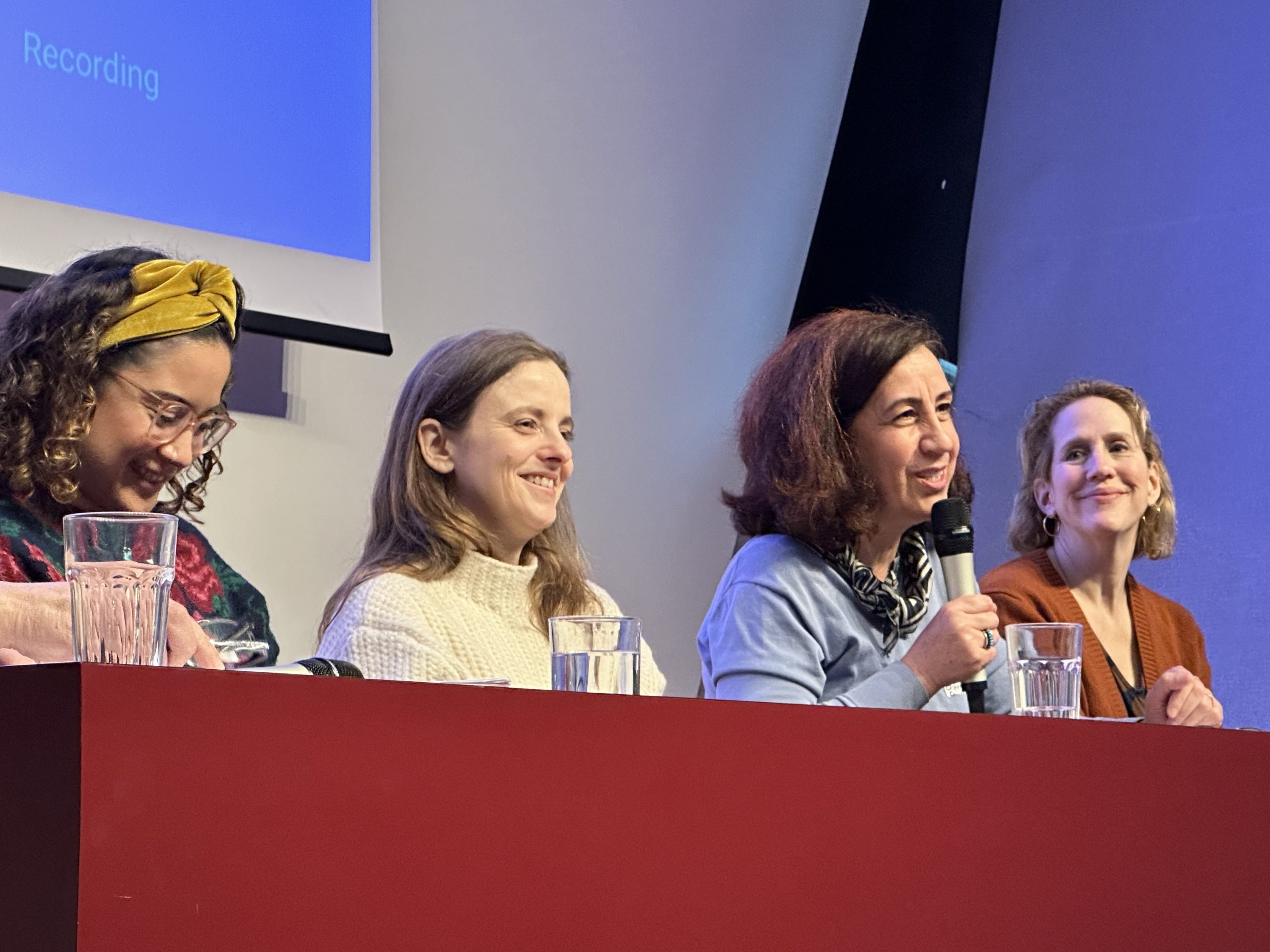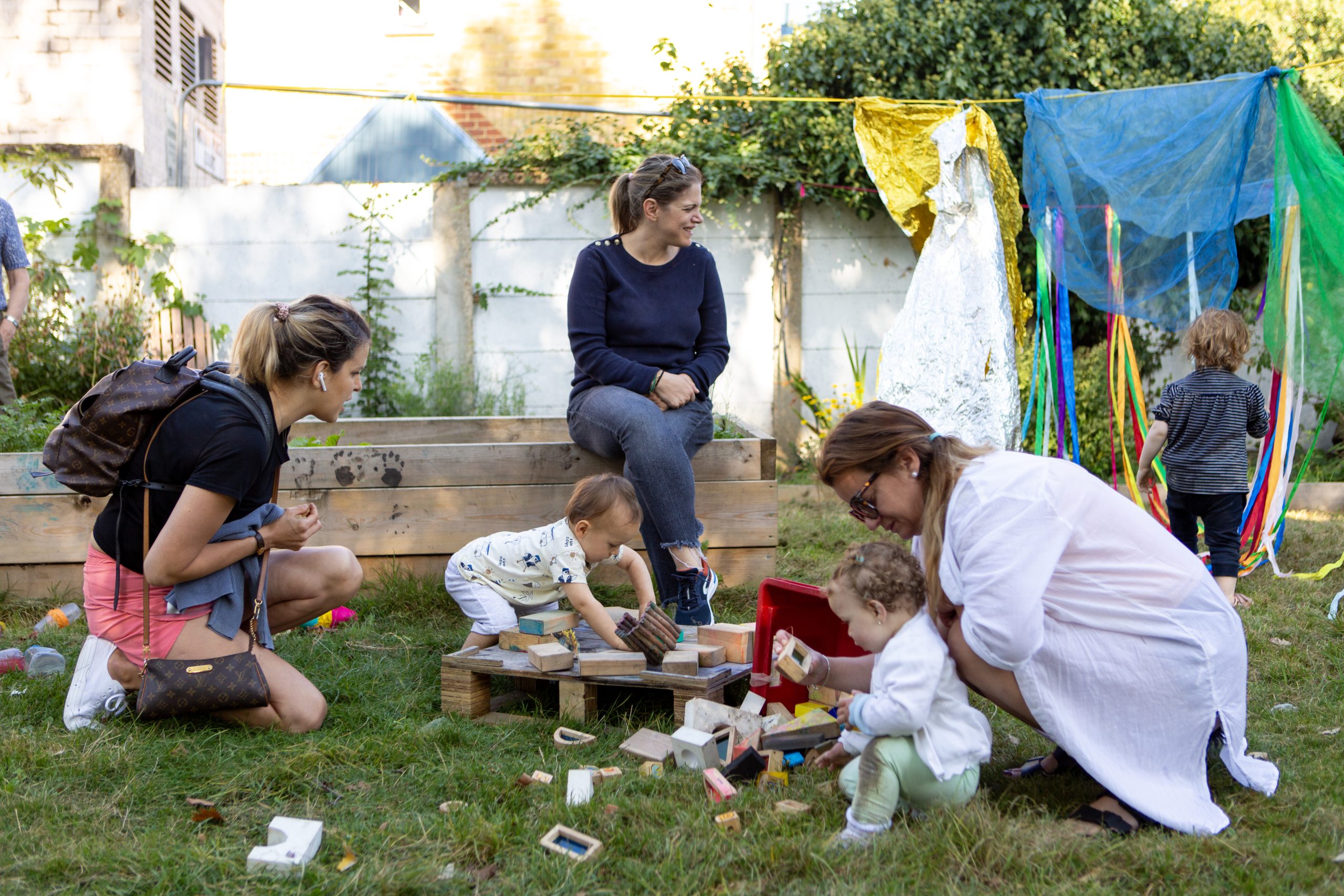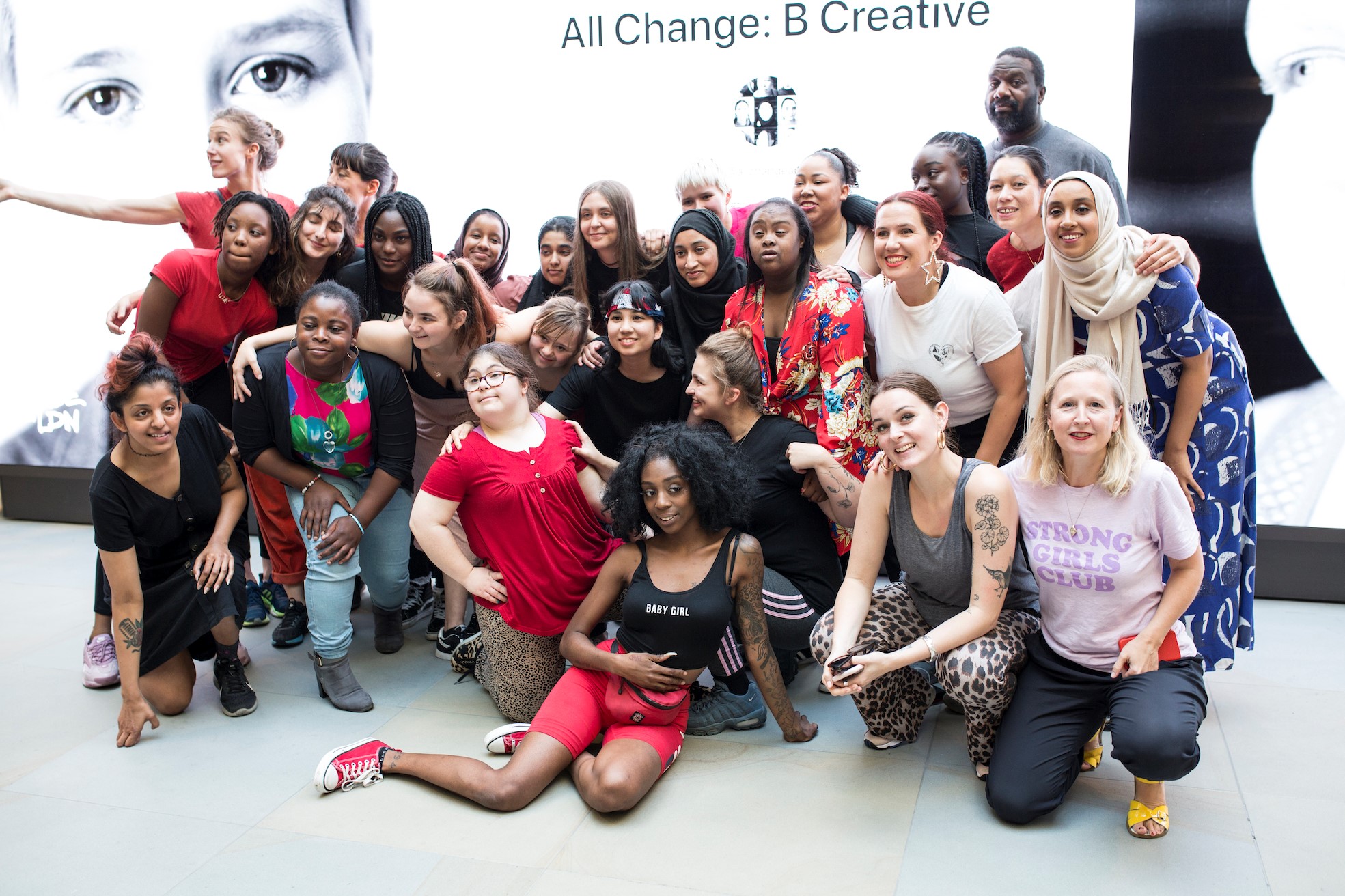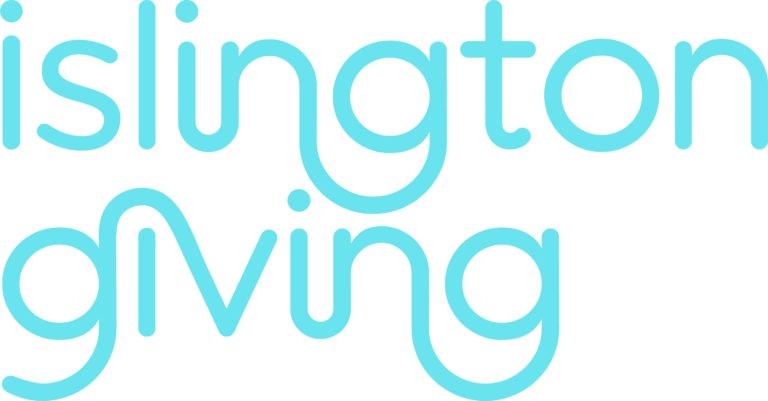The ‘Challenging inequality through community connection in Islington’ research sought to listen to and learn from residents in Islington. The report details insight from residents lives and experiences. The findings will help to inform the future work of Islington Giving and our parent charity Cripplegate Foundation.
The research project took a qualitative, community based approach, working with a group of Islington residents. Together with Power With, we trained this group as community researchers, and they then helped to design and deliver the research. They reported that this was a valuable experience and way to deliver the project. Twelve semi-structured interviews and five focus groups were held, which engaged with a total of 36 participants who are residents of Islington.
Key findings
- Poverty and inequality – Islington grapples with a dual identity – a borough of affluence and gentrification, where rising costs alienate many, juxtaposed against persistent poverty markers like homelessness and neglect, uniting participants in the acknowledgment that societal challenges demand collective solutions.
- Crime and safety – In Islington, concerns around crime and safety, expressed by 16 out of 18 interviewees, underscore a growing unease, particularly among parents, about incidents like muggings and antisocial behaviour. Participants emphasised the need for more support services, in particular for those experiencing mental health problems and substance use.
- Housing – Participants, who lived in a range of types of housing including social housing, private renting, and home ownership, highlighted the huge disparity in the quality of housing, visible homelessness, and affordability challenges, creating a pervasive sense of instability among residents.
“I was proud that we gave voice to people who are typically not heard and that they came up with practical solutions to reduce inequality and foster community in the borough.” ~ Community Researcher
- Health & wellbeing – Participants recognise the interplay of physical and mental health, noting improved access to physical healthcare but also that increased housing hasn’t been matched with healthcare provision. Mental health was more of a prominent concern, underscoring the need for ongoing support through wellbeing activities, compassionate staff and volunteers, and having places to go where people can meet in person accessible meeting places, as individuals share challenges in accessing therapy and feelings of despair.
- Disability – Participants highlighted diverse forms of inequality experienced by people with disabilities, citing limited activities for children, transportation challenges for hospital appointments, and a disproportionate impact from the cost of living crisis on those with disabilities. In discussing experiences of being carers for people who are ill or have disabilities, it was noted that there is a lack of support in the borough, recognising them as ‘unsung heroes.’
“Help local people come up with solutions – from the bottom up.” ~ Research participant
- Racialised minorities and migration – Participants celebrated Islington’s multicultural richness, acknowledging waves of migration that shaped a diverse community including Turkish, Somali, Irish, and Kurdish residents, while also recognising that not everyone perceives Islington as a welcoming and connected place. Some participants shared experiences of racism, highlighting challenges of integration, while others, like a Ukrainian refugee, praised the supportive community and helpfulness received in Islington.
- The role of charitable funders – Participants were confident that there is a crucial role for local funders such as Cripplegate Foundation. Several key suggestions came through from the research including the need to create purpose, belonging and a sense of empowerment.
These are just some of the areas covered in the research, with further exploration on areas including: The physical environment and sustainability, Older People, Digitisation, Young People and Families, Reflections On ‘Community’, and Practical Suggestions.
Read more including the conclusion and ‘What Next’ using the links below.
